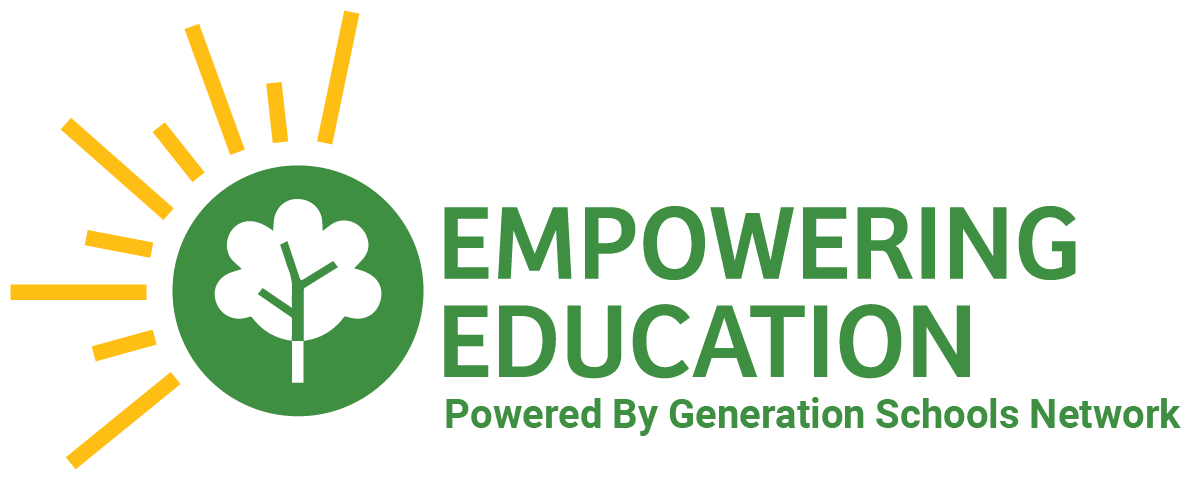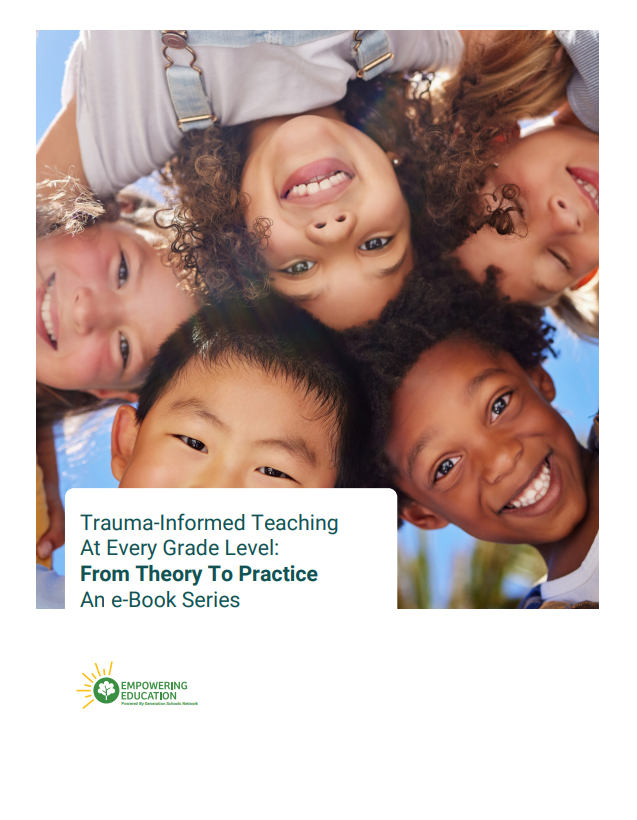By Charlie Merrow, MA
Christina Baldwin said it best when she wrote, “Journal writing is a voyage to the interior.” Mindfulness and social-emotional learning cannot happen without personal contemplation, and journaling is one avenue of reflection. When youth and adults are provided with a way to express their ideas, thoughts, and opinions on paper through writing, artwork, lists, poetry and other forms of creative expression the benefits are endless and stretch across many different aspects of life and disciplines of knowledge.
Journaling is believed to be dated back as early as the 10th century in Japan. Over the centuries, countless successful and inspirational individuals have kept journals or personal diaries chronicling their personal journeys, experiences, and discoveries. Visionaries such as Albert Einstein, Mark Twain, Frida Kahlo, and Leonardo De Vinci are known for being avid journalers.
Benefits of Journaling
Researcher and psychologist James Pennebaker has researched the effects of journaling on mental health as well as physical wellbeing and found that daily journaling may serve as a tool to strengthen the immune system. Pennebaker found that journaling and writing about past stressful events can help individuals work through the experience and reduces the impact of the stressors on ones’ physical health. Further research indicates that journaling also bolsters the analytical and rational parts of the brain.
According to Psych Central (2018), journaling can:
- help individuals clarify their thoughts and feelings in an organized way
- lead to better self-understanding knowing what makes oneself happy and confident
- lead to a reduction in stress by writing about feelings and experiences
- assist in problem-solving and aid in resolving disagreements with others
Journaling in the Classroom
What about journaling in the classroom? Teachers around the world often times feel overburdened with classroom management, lesson planning, and grading – so why add something new to the classroom?
In fact, many teachers find journaling to be one of the most effective tools to better understand and support the development of student thinking. Classroom journaling can be an informal way for students to jot down their ideas and feelings after a particular lesson, to write about expectations in preparation for a field trip, to learn how to make a list of important tasks to do or to express themselves through a personal and creative outlet.
Research shows journaling in the classroom can help students in setting and achieving goals, boosting memory and comprehension, improving communication skills, providing organization practice, and can lead to a reduction in stress.
Teachers can structure journaling activities differently, but the most important principle in creating a classroom journaling routine is to emphasize that there is no ‘right or wrong’ way to journal. Journaling can be especially beneficial for students who may struggle with spelling, grammar, and punctuation. Knowing that their journals are for their thoughts, feelings, and opinions rather than a graded writing assignment allows students an opportunity to express themselves in writing without the pressure to perform. Through classroom journaling, teachers are able to assess students’ personal discoveries, questions, and opinions on classroom activities and materials.
In Empowering Minds, we incorporate a journaling prompt into each lesson. We encourage teachers to take the time at the beginning of the year to provide time and materials for students to create a dedicated “SEL Journal” to serve as a reflective tool for their personal growth throughout the year. By providing time for journaling and reflection after each lesson students are much more apt to integrate the skills learned in their daily life. As a process unto itself, journaling has the added benefit of improving self-awareness and self-management, while providing a foundation for social-awareness, relationship skills, and responsible decision making.


